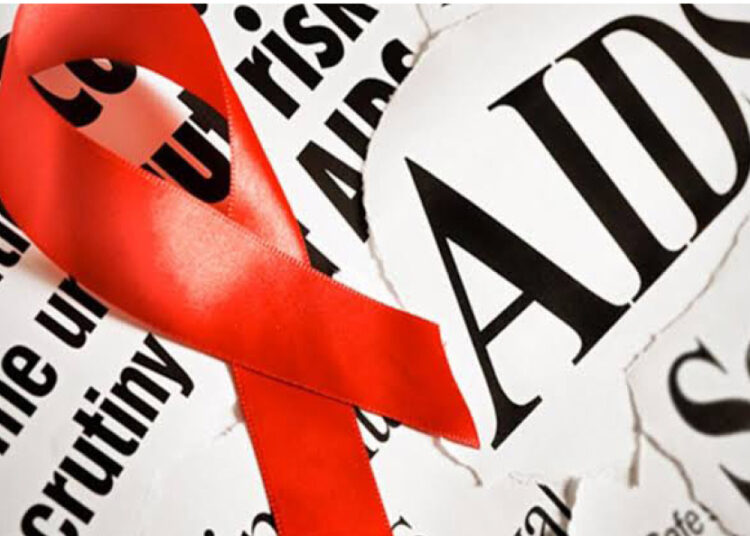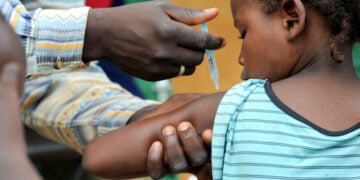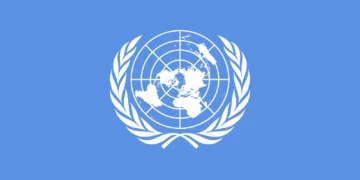The coverage of prevention of mother-to-child transmission of HIV (PMTCT) services has remained low in Nigeria with a reach of only 30 percent of eligible women in the country.
Also, Nigeria is among the countries with the slowest decline in new HIV infections among children, with an estimated 21,000 new child HIV infections in Nigeria in 2020, the highest in the world, accounting for 14 percent of the global estimate.
Assistant secretary general/deputy executive director, Programs for UNAIDS, Dr. Angeli Ahrekar disclosed this at the Nigeria HIV conference, themed: Nigeria HIV Prevention Conference, with the theme:
“Accelerating HIV Prevention to End AIDS through Innovations and Community Engagement”, recently in Abuja.
She called for a renewed and intensive efforts to achieve the level of scale-up needed to meet the PMTCT goals, stressing that funding was currently not one of the major challenges of PMTCT program in Nigeria.
“We would want to see a renewed and intensive efforts to achieve the level of scale-up needed to meet the PMTCT goals.
“The future of Nigeria’s children cannot be left unchecked, concerted and urgent action must be taken to avert children being consigned to live a lifetime with a virus that is now preventable. We need to end the vertical transmission of the epidemic to have an AIDS-free generation in Nigeria,” said Dr. Ahrekar.
However, she noted that inequalities, fueled by social rejection and discrimination, marginalisation and criminalisation of communities, gender-based violence have continued to harm the HIV response, saying that they hinder access to HIV services including prevention services.
“We must take urgent action to end the inequalities that fuel the AIDS epidemic. We can do this by removing discriminatory laws that leave people behind because of their gender identity or sexual orientation, and changing policies that exacerbate current structural and social inequalities.
“We must stop all forms of discrimination, stigmatisation and the violation of human rights of anyone, anytime, anywhere. When we stop these harmful practices, everyone benefits.
“We need to act at the community, local, state, national levels to protect everyone’s rights in our spaces,” Dr. Ahrekar added.
Noting that there was an estimated 90 percent funding gap for HIV prevention programmes for key populations in 2022, Dr. Ahrekar urged Nigeria on innovations to stretch resources further and enhance the quality of prevention services.
Meanwhile, the director-general of the National Agency for the Control of AIDS (NACA) Dr. Temitope Ilori, has expressed worry over the harmful effects of stigma and discrimination against individuals living with HIV/AIDS in the country, describing it as significant barriers to achieving the set goals by 2030.
She said “Despite our achievements, our work is far from over. We must redouble our efforts to prevent mother-to-child transmission and strive for an AIDS-free generation by 2030, leveraging the advancements in health technology at our disposal.
“Stigma and discrimination remain significant barriers to achieving our goals by 2030. We must educate and sensitize people about the harmful effects of stigma and discrimination against individuals living with HIV/AIDS.”
People living with the disease still suffer discrimination in their work places and even in health facilities.
A pregnant woman, Mrs Ubong, who works with one of the federal agencies in Abuja, said she visited a health facility when she was two months pregnant and as expected, she was asked to carry out HIV test. Mrs Ubong said she was so confident because it was her third pregnancy and she had never tested positive to HIV. But she got the biggest shock of her life when she was given her result and she found out that it was positive.
She said even though she was counselled by the nurses who handed her the test result, she never went back for antenatal because of fear of stigma and discrimination.
According to her, “Many of my colleagues use the same hospital and I don’t want then to find out that I am HIV positive because there is a man in our office who everyone in the office knows he has HIV. You need see how people avoid him in the office, nobody likes to share anything like spoon or cup with him. Even the day he had a cut in his finger and was bleeding, no body made an attempt to help him because everybody was scared of being infected.
‘I can’t imagine that kind of situation for my enemy so I have decided to stay away from the hospital so that my colleagues who also visit the hospital don’t get to know of my status.”
Mrs Ubong is one of the many pregnant women who avoid going for antenatal and getting the needed information and care in heath facilities just because of stigma.
Many of theses woman end up giving birth to HIV positive children due to fear of stigma. This has not only heightened the burden of mother-to-child transmission but also a hindrance to the achievement of the Sustainable Development Goals (SDG) on HIV/AIDS by 2030.





